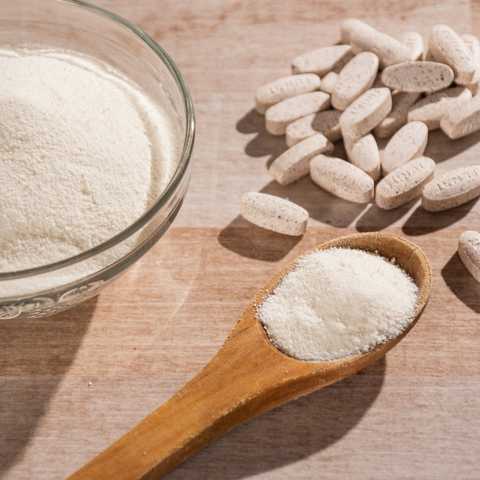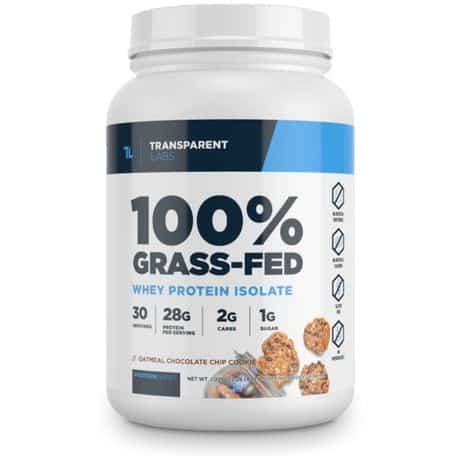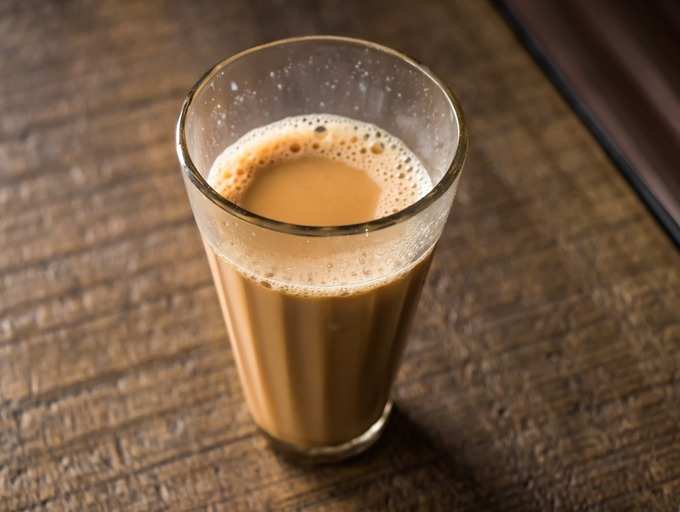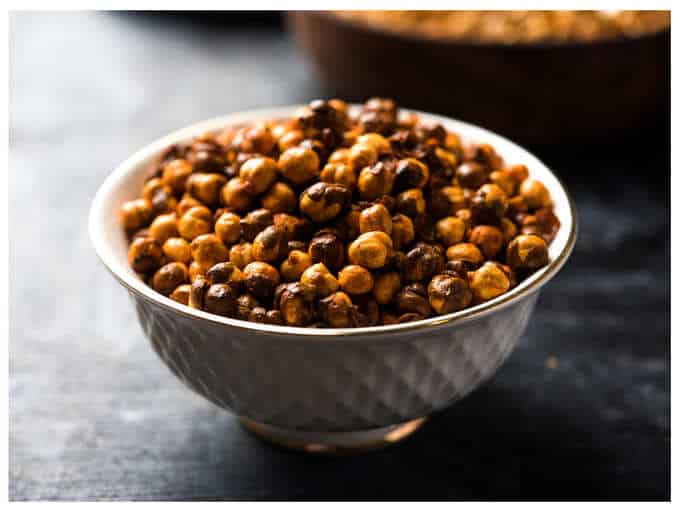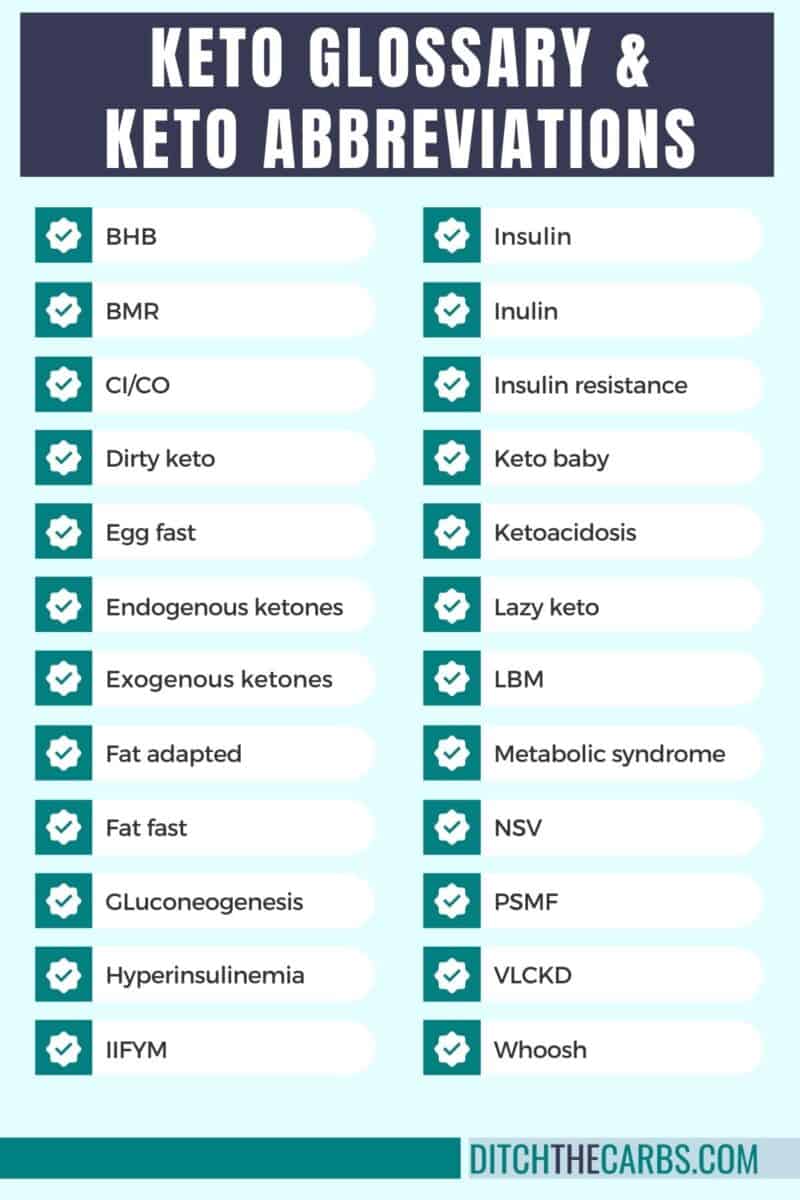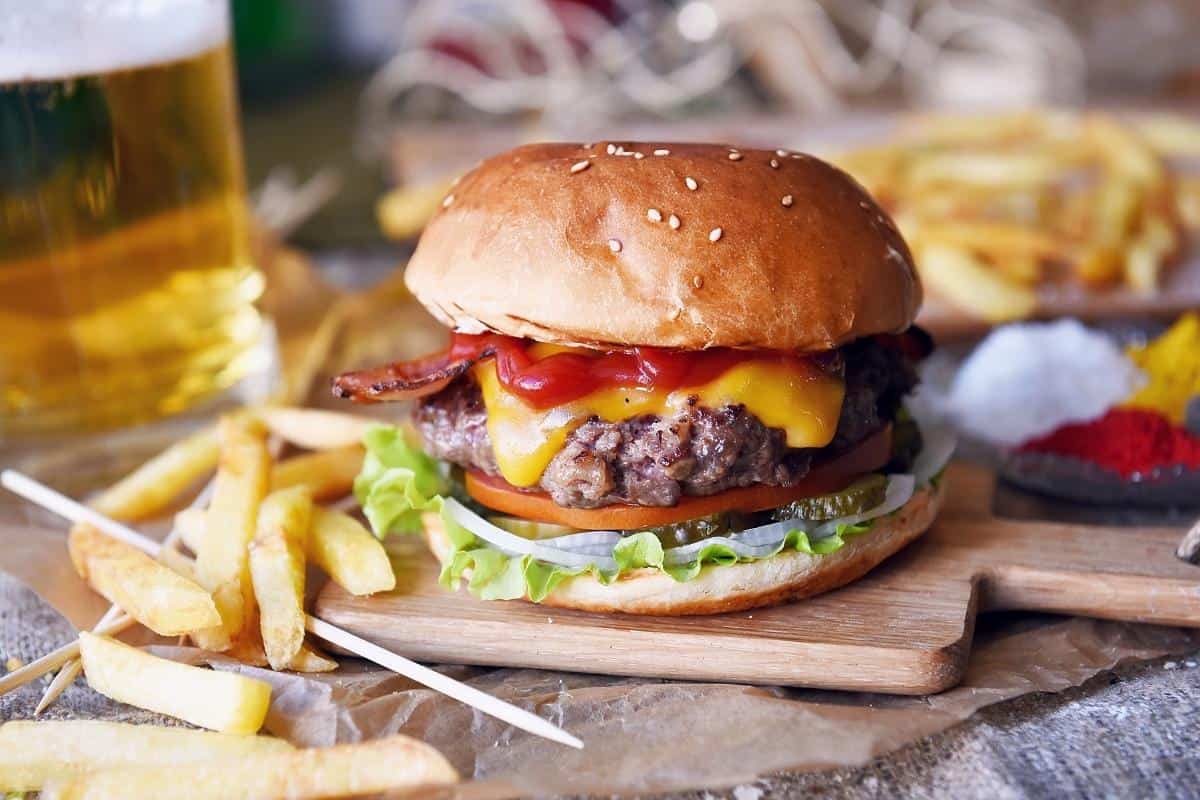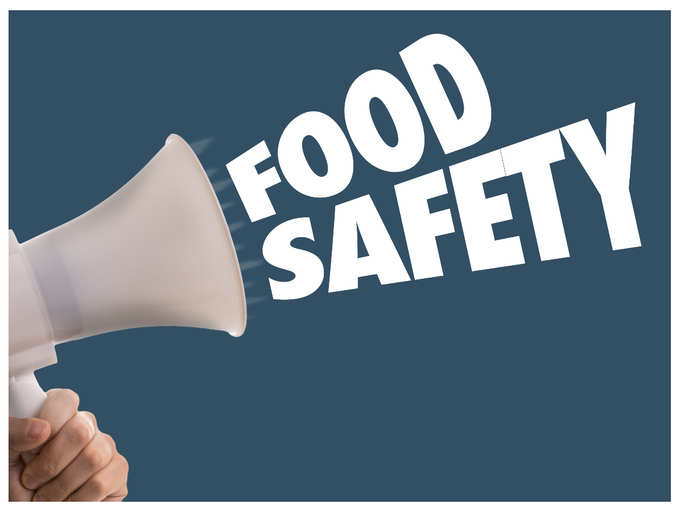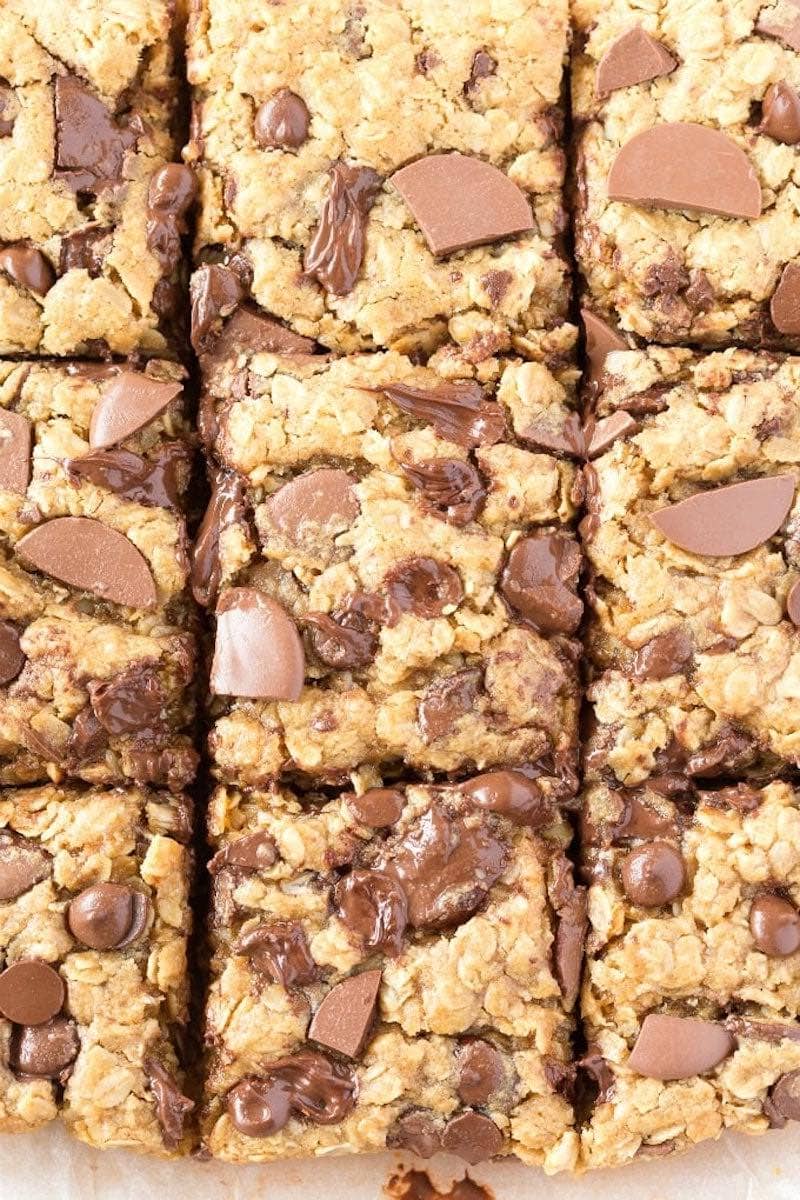But similar to pretty much everything in life, there will be bumps in the road. Plateaus will happen, vacations in which you temporarily stop tracking your calories will occur, and sometimes progress just won’t happen as quickly as you’d like.
The ups and downs of weight loss are enough to make anyone reach for something that promises to yield major results and quickly. One such example is fat burners, one of the most popular and sought-after supplements on the market.
But this leads to a series of questions, such as: Do fat burner supplements really work? How do they work? Are they safe? Which ones are best?
If you are asking any of these questions, or have others, we’re going to answer them all here, so you can decide if taking a fat burner is the best move for your weight loss goals.
Table of Contents:
- What Is A Fat Burner?
- A Brief History of Fat Burners
- Key Fat Burner Terms to Know
- What Do Fat Burners Do?
- How Do Fat Burners Work?
- Who Should Use Fat Burners?
- Who Shouldn’t Use Fat Burners?
- Common Ingredients Found In Fat Burners
- Fat Burning Ingredients To Avoid
- Are Fat Burners Safe?
- Do Fat Burning Supplements Actually Work?
- What Are The Best Fat Burners?
- Tips For Best Fat Burner Weight Loss Results
- How Long Should You Use A Fat Burner Supplement For?
- Safety Tips For Using Fat Burners
- How To Know If Fat Burners Are Right For You
- FAQs

What is a Fat Burner?
We’ve all heard of fat burners and their weight-loss promises, but what exactly is a fat burner? A fat burner is a nutritional supplement that claims to burn excess fat from your body. Fat burners can contain a wide range of ingredients, all with a unique mechanism for burning fat.
This includes products that increase fat metabolism or energy expenditure, damage fat absorption, increase weight loss, increase fat oxidation during exercise, or even produce long-term adaptations that promote a fast metabolism.
The goal when taking a fat burner is typically to burn excess body weight or lose weight.
A Brief History of Fat Burners
Fat burners have an extremely sordid past, dating all the way back to the late 1800s. And if you’ve ever wondered how fat burners got a bad rap, you will fully understand after reading about their history.
The first known examples of fat burners appeared in the 1800s and were called fat reducers and made from thyroid extract, which raises the metabolic rate. Despite several significant issues, such as increased heart rate, chest pains, and high blood pressure, these weight loss pills were widely available until the 1960s.
By the 1930s, a thermogenic called dinitrophenol was developed. Unfortunately, this caused several severe side effects, with the most serious being hypothermia and death, leading the Food and Drug Administration to tighten regulations and ban dinitrophenol.
By the mid-20th Century, there was an increased demand for weight loss pills, which led to a boom in amphetamine use in the 1950s and the return of the thyroid hormone in the 1960s.
The 70s introduced two effective, yet very dangerous, fat burning ingredients, both of which had extremely harmful effects on those who took it.
In the 1970s, a Danish physician discovered that ephedra, combined with caffeine, could treat asthma. People quickly realized its powerful potential as a fat burner and appetite suppressant and began using it for weight loss. But adverse cardiovascular and neurological effects led to the FDA banning ephedrine in 2004.
A similarly potent fat burner called fenfluramine was created in 1973 but exploded in popularity in the early 1990s when it was combined with another medicine called phentermine. People referred to the mixture as fen-phen, which was prescribed at an alarming rate, with over 18,000,000 prescriptions in 1996 alone before it was removed from the market in 1997.
In the post-banned substance era, the 21st Century led to widespread production of fat burners. Despite all the advances and regulations, there are still products that exist that contain illegal or harmful ingredients.
Key Fat Burner Terms To Know
Before we dive even further into the world of fat burners, there are a few important terms to get familiar with. As many fat burners will advertise doing at least one of the following, it’s a good idea to understand what each of these does and mean.
- Thermogenesis: This describes a metabolic process in your body that burns calories to produce heat. Thermogenesis can promote weight loss because it increases your body’s calorie burn, leading to a higher calorie burn throughout the day.
- Lipolysis: Involving the process of breaking down stored triglycerides, lipolysis describes how our bodies break down fats through enzymes and water. Some fat burners advertise “boosting lipolysis,” which basically means it’s breaking down your fat and using it for energy.
- Thermogenic Fat Burners: This is a type of fat burner that contains natural ingredients to increase heart rate and body temperature. When looking for the best thermogenic fat burner option, look for those that help increase your metabolism and assist your body in breaking down fats to use for energy. This energy can be used to power through your workout split while helping to suppress your appetite.
- Appetite Suppressant: Almost all fat burners works by reducing your appetite in some way. When your appetite is suppressed, you’re able to go longer without getting hungry, therefore eating less and leading to fat loss. This is an entire category of fat burners, as several different appetite suppressants exist.
- Stimulant: A stimulant is any substance that increases activity in the central nervous system, temporarily increasing energy and alertness. Stimulants work by increasing the levels of certain neurotransmitters, like dopamine and norepinephrine. Most fat burners feature some type of stimulant, but there are also quality non-stimulant fat burners.
- Catechin: This describes a type of flavonoid with plant-based antioxidant properties. Green tea extract contains catechins that are responsible for its weight loss properties.

What do Fat Burners Do?
When we’re discussing fat burners, I think it’s really important to remember that fat burners do not make fat cells disappear. Instead, fat burners help burn fat through other methods, such as speeding up your metabolism.
Other fat burners suppress your appetite, which helps prevent people from overeating and consuming fewer calories. Fat burners also reduce the amount of fat your gut absorbs.
Some fat burners work by increasing fat oxidation during exercise, which means your body uses stored fat as a fuel source for energy. The main goal of fat burners is to reduce calories by burning more or inhibiting hunger, resulting in you eating fewer calories.
How Do Fat Burners Work?
Since there are different types of fat burners, there are also different ways in which fat burners work and target fat. Fat burners generally work by stimulating your nervous system in various ways. The most common way that fat burners work is by increasing metabolism.
Other methods include appetite suppression, decreasing fat cells, impairing fat absorption, increasing fat oxidation during exercise, and causing long-term adaptations that promote fat metabolism.
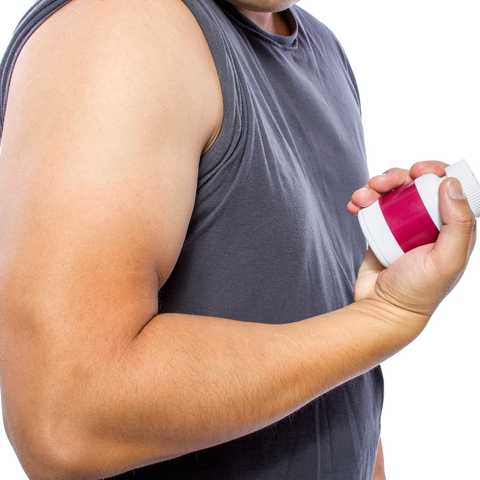
Who Should Use Fat Burners?
If your first thought is “Duh, SET FOR SET. Obviously, anyone who wants to burn fat should use a fat burner,” you’re not wrong, but the answer is a tad more complex.
The best group of people to use fat burners are those following a healthy diet and exercise plan.
Why, you ask? Because if you think a fat burner or weight loss supplement is a substitute for dieting or cardio, you’re not going to yield the results you’re hoping for, and any that you do certainly won’t stick long term.
Fat burning pills are meant to supplement your weight-loss efforts. Fat burners do not magically cause fat to disappear, just as anabolic steroids don’t magically make your muscles grow.
You have to be willing to put in the work! This means that before introducing fat burners into the equation, you should be strength training, performing some weekly cardio, whether it’s LISS, HIIT, or both, and following a healthy diet.
Most importantly, you should be moderately healthy without serious or underlying health conditions before starting fat burners.

Who Shouldn’t Use Fat Burners?
You should avoid using fat burners if you suffer from moderate to severe health conditions. It is essential to consult with a doctor before starting any supplements, especially ones with potential side effects, such as fat burners1.
If you have any of the following conditions, do not use fat burners until discussing with your doctor:
- Iron metabolism disorders that cause increased iron storage
- Too much iron in your blood
- Hemolytic anemia, a blood disorder
- Ulcer
- Ulcerative colitis, an inflammatory disease of the intestines
- Problems with food passing through the esophagus
- Diverticulitis
- Excess iron in their blood due to multiple transfusions
Common Ingredients Found in Fat Burners
Before taking a fat burner, it’s important to have an understanding of some of the most common ingredients and how they work. Here’s a look.
1) Caffeine:
You likely associate caffeine with coffee, energy drinks, and even your pre-workout, but it is also used as a way to help lose belly fat. Caffeine can help increase your metabolism by increasing hormones like adrenaline, which helps break down fat cells.
It can also help increase your metabolic rate through thermogenesis, leading to a greater calorie burn. Lastly, caffeine also helps burn fat by acting as an appetite suppressant.
2) Green Tea Extract:
Like caffeine, green tea extract has wonderful fat-burning properties. Green tea extract contains natural compounds called catechins, which include epigallocatechin gallate (EGCG). EGCGs can increase metabolism and fat burning in the body.
Additionally, green tea extract can help reduce the amount of fat you absorb from food by preventing the absorption of lipids in the intestines.
A meta-analysis was conducted on green tea extract for weight loss and management. They concluded that the catechins in green tea significantly decreased body weight and helped maintain body weight2.
3) Carnitine:
Carnitine is a compound similar to amino acids in structure and is concentrated in the tissues that oxidize fatty acids as a dietary fuel. Your liver and kidney produce it naturally, and it is also found in some meat and dairy products. It’s also quite common in fat burners, as it plays a role in increasing metabolism and providing energy.
It helps move fatty acids from the cytosol to the mitochondria, where they are oxidized to produce energy. This plays an integral part in your body converting stored fat into energy. Carnitine has also been shown to help reduce muscle damage and increase muscle recovery from exercise.
If you’re thinking it sounds too good to be true, there is a catch. On the negative side, carnitine has been found to cause nausea, vomiting, diarrhea, and a fishy body odor.
4) Yohimbe:
Yohimbe is an active plant compound that comes from the bark of an evergreen tree. Yohimbe works by blocking the alpha-2 adrenergic receptors, causing an increase in the release of norepinephrine.
It has also been suggested that Yohimbe can increase metabolic rate and energy expenditure, meaning more calories can be burned. In my opinion, more conclusive research on its safety and ability to help burn fat is needed.
There are also potential health risks, including increased heart rate, increased blood pressure, and anxiety.
5) Soluble Fiber:
While soluble fiber doesn’t directly burn fat, it helps control appetite. Many products contain fiber to help control appetite and prevent the body from absorbing some of the fat from food.
Firstly, soluble fiber forms a gel-like substance in the digestive tract that slows down digestion and helps you feel full longer. Second, soluble fiber binds with bile acids in the digestive tract to help aid in digestion, as well as to help lower cholesterol.
Lastly, fiber helps control blood sugar levels, helping reduce the storage of excess fat. Some fat burners contain other ingredients that contain large amounts of fiber, such as beta-glucans, glucomannan, and guar gum.
6) Conjugated Linoleic Acid (CLA):
CLA is a fatty acid in meat and dairy products. CLA might help reduce body fat deposits, but I don’t think there is enough conclusive evidence with this one.
7) Other Fat Burning Ingredients:
It’s important to note that this is not a conclusive list of fat burning ingredients, but just some of the more common ones. Depending on which fat burner you choose, the ingredients will vary. If one ever has an ingredient you’re unfamiliar with, I highly recommend researching it first.
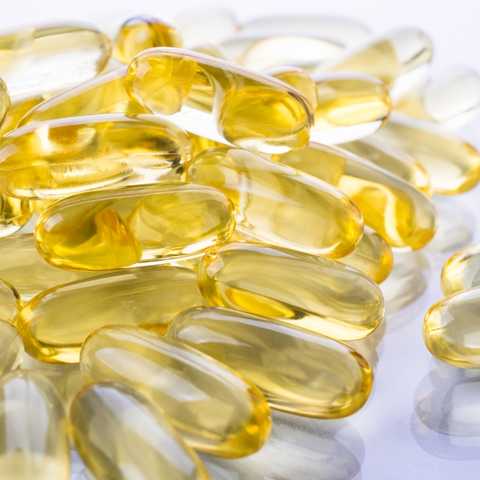
Fat-Burning Ingredients to Avoid
Companies can still find ways to sneak banned and dangerous substances into fat burning supplements, so it’s important to always read the label and select third-party tested products.
Some ingredients to avoid include:
1) Ephedra:
Ephedra is an evergreen plant in Central Asia with the powerful stimulant ephedrine. Ephedra was an extremely popular fat burner in the 1990s due to its excellent results.
But it was too good to be true, as several people got extremely sick, with over 22 deaths, including a professional baseball player. This led to the FDA banning it in 2004.
2) DMAA:
The compound 1,3-dimethylamylamine, more commonly known as DMAA, is a powerful stimulant linked to severe side effects. Many of you might recall DMAA in the cult-favorite pre-workout product Jack3d, which produced intense stimulant effects.
It has been linked to several nasty side effects, including jitteriness, heart palpitations, and even more severe ones such as heart attack and stroke. The FDA banned DMAA in 2013, and all products that used it, including Jack3d, had to be reformulated.
3) Fen-Phen:
Perhaps the most popular aside from ephedra, Fen-Phen combines fenfluramine and phentermine. They were both appetite suppressants individually approved by the FDA before being combined in the 1990s to form one potent product.
Unfortunately, they discovered it caused severe problems with heart valves and pulmonary hypertension, so it was pulled from the market in 1997.
4) Synephrine:
Synephrine is another powerful stimulant with similar side effects to ephedra and DMAA, although generally considered milder than those products.
It is considered safe in small doses, but high doses have been shown to cause heart palpitations, high blood pressure, and stroke.
5) Sibutramine:
This was a powerful weight-loss drug sold under the name Meridia.
Studies in 2003 found significant side effects, including high blood pressure, increased pulse rate, and heart palpitations, which eventually led the FDA to ban the substance in 20103.
Are Fat Burners Safe?
Coming off the “ingredients to avoid” discussion, it may seem as though fat burners are anything but safe. However, that’s not the case.
When asking whether fat burners are safe, the answer to this depends on several factors because yes, certain products are unsafe. However, fat burners are safe if used correctly, and you choose ones that include safe products.
Unfortunately, as we just discussed, products also exist that contain illegal supplements and low-quality ingredients, are unregulated, and can cause serious health issues.
When choosing a fat burner, look for products that are FDA approved, third-party tested, and use ingredients that have been proven to be safe and effective.
There are some great products on the market, but for every good one exists another that includes harmful supplements that often don’t even help burn fat. This is when it is crucial to be a savvy buyer.
One study conducted in 2015 sought to test the purity of these types of supplements by testing 98 fat burners and pre-workout products for a dangerous compound called 2,4-dinitrophenol (DNP).
DNP was used for weight loss until the 1930s, which is when researchers and health experts finally realized how toxic it is. It was even banned from agricultural use in 1998, yet the study found it in 14 of the 98 products4. DNP is extremely dangerous because the lethal dose is slightly more than the typical dosage, and there is no antidote or remedy to counteract it.
A similar study was conducted in 2016 to identify a broader range of banned supplements, including ephedra and DMAA5. They visited all supplement stores within a 10-mile radius of Regis University in Denver, Colorado, to check the store’s supply against a list of banned and illegal substances from the FDA.
They found 51 products with banned or discouraged-use substances on the labels. There was at least one banned substance in 17 of the 51 products and at least one discouraged-use substance in 46 of the 51 products.
This shows how easy it is for products to slip past regulations. It also shows the importance of buying third-party products tested for contaminants and illegal substances.

Do Fat Burning Supplements Work?
Whether fat burners work will largely depend on the other habits you have in place. I believe that if you’re following a diet and sticking to your workout schedule, layering on a fat-burning supplement can work well.
But it’s important to understand there is no miracle pill to get skinny. The only way to successfully lose weight is through being in a caloric deficit, so diet and exercise are vital. Fat-burning supplements can further boost your fat-loss goals by doing things such as decreasing your appetite or burning fat for fuel.
A systematic review examining 21 studies compared the effectiveness of fat burners and thermogenic supplements to diet and exercise on participants with a BMI greater than 24.96.
Researchers found the group taking the weight loss supplements had less significant weight loss results compared to the group focusing on diet and exercise.
The study concluded that diet and exercise are kings when it comes to losing weight. Again, though, if you focus on these first, and then layer on one of the best fat burner supplements for an added boost, you should have a perfect formula for weight loss.

What Are The Best Fat Burners?
There are a few essential things to look for when it comes to finding the best fat burner. First, without looking at specific ingredients, you should always opt for FDA-approved products, as this guarantees the products have been tested and are safe to use.
Another easy way to identify the best products is by checking if the product is third-party tested for contaminants and purity. Unfortunately, many products contain illegal substances and other contaminants that can cause long-term and short-term health effects. Obviously, we want to avoid these.
Now that we know what to look for and what to avoid, let’s get into even more specifics and look at the types of fat burners that are best for men and women.
Best Fat Burners For Women
Hormones play a huge role in women’s bodies and overall health, and females respond to certain compounds differently than men.
Following this logic, it makes sense to have certain products catered to women. LeanBean is a popular women’s fat burner, which is not only third-party tested, but contains a hefty dose of glucomannan, an ingredient that helps reduce appetite significantly by expanding in the stomach.
This tricks your body into thinking it is full, therefore suppressing your appetite. It also has thermogenic properties while being stimulant-free, making it a safe option when dosed correctly.
Interested in reading up on more great female-focused fat burning pills? Check out these 9 best fat burners for women!
Best Fat Burners For Men
Just as we have the best fat burner for women, we also have the best fat burning supplement for men. PhenQ is at the top of the list for men’s best fat burning supplements. Nutrition specialists created the PhenQ formula, and it uses all FDA-approved ingredients.
PhenQ features a unique five-in-one formula on fat, including stopping fat accumulation, suppressing appetite, targeting stubborn body fat, elevating and balancing moods, and boosting energy levels. This natural thermogenic also has metabolism boosters to increase fat metabolism and base metabolic rate.
These are the types of things to look for in whichever fat burner you select. If you want some more great options, check out these 8 best fat burners for men.
Best Non-Stimulant Fat Burners
Many fat burners fall under the stimulants category, but these supplements can cause jitters, anxiety, and other side effects in certain people. Many people also have difficulty sleeping when taking stimulants, which can sabotage their weight loss efforts.
Luckily, several great non stimulant fat burners exist. A top pick for the best overall stimulant free fat burner is LeanBean Fat Burner, a thermogenic fat burner that helps suppress your appetite and increase your energy. You can learn more about it by reading our LeanBean review.

4 Tips For Best Fat Burner Weight Loss Results
While fat burners’ goals are to boost your fat burn and increase weight loss, they’re not magic. If you take a fat burner without changing any other aspects of your life, you will most likely not see success. And any you do see will not be long-term.
So, how do you use them correctly? We’ve got you covered! If you want to use them correctly and see the best results, follow these tips.
1) Follow a diet:
Diet is the most critical aspect of burning fat and losing weight. You must have a caloric deficit of 3,500 calories to lose one pound of fat. If you cut 500 calories daily, you should lose roughly one pound a week. The exact number will depend on your age, body type, and activity level, but regardless of your stats, one thing remains: You must be in a caloric deficit to lose weight.
As a relatively easy first step, I suggest cutting out empty calories from things like soda and processed foods. In addition, count your macros to keep track of your calories.
I like to recommend high-protein meal plans to clients, as they help you maintain your muscle mass during fat-loss phases and also help you feel satiated. Sticking to a diet is hard when you feel hungry all the time. High protein can help with this.
High protein is vital to losing weight because protein has been shown to help keep you full longer and curb your appetite. It also helps fight cravings by decreasing your hunger and appetite.
2) Workout consistently:
If your goal is to eliminate stubborn belly fat, diet plays the most crucial role, followed closely by exercise, ideally a mix of strength training and cardio.
One of the negative aspects of cutting calories quickly is that it can cause muscle loss, which also lowers your metabolic rate. Plus, no one wants to see their hard-earned muscle taken away.
This is where lifting weights plays a vital role in muscle-loss prevention and an overall role in your body composition goals.
3) Take the Correct Dosing:
As is the case with many supplements, more is not better. Taking the proper dosing is very important to stay safe while reaching your goals.
When you select an FDA-approved, third-party regulated fat burner, the dosing included has been found to be the optimal levels. Increasing how much you take will not lead to better results, and it can put your body at risk for severe side effects.
Be sure to follow the directions on the supplement instructions to have safe weight loss success.
4) Use Fat Burners To Overcome Weight Loss Plateaus:
Hitting a plateau is one of the most frustrating parts of exercising because you feel like you’re not progressing. As you begin to lose weight, your metabolism will slow in an attempt to hang on to all of your calories, which leads to fewer calories burned.
This is what we call a plateau, which occurs when the calories you burn are equal to or are less than the calories you eat. If you find the scale isn’t moving, a fat burner may be just what your metabolism needs.
Fat burners can increase the rate you burn calories, therefore helping you overcome the plateau.
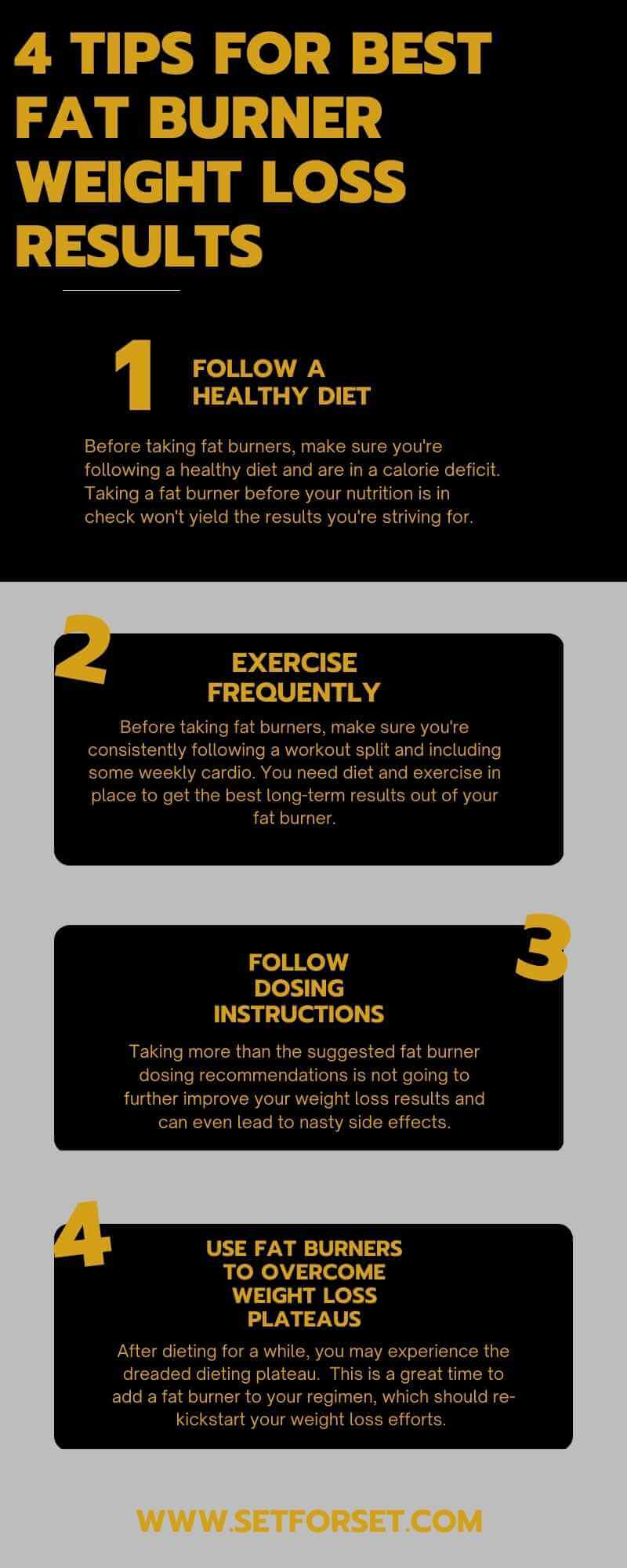
How Long Should You Use A Fat Burner Supplement For?
Unlike your favorite protein powder or multivitamin, fat burners are not meant to be taken long-term. Most fat burner products are recommended for only four to six weeks. The length of time will also depend on whether or not the product contains stimulants.
Your body builds a tolerance to stimulants rather quickly, so you’ll need to take time off at some point to reset your tolerance level. Fat burners may also cause more negative side effects when they are used beyond the suggested time frame.
Stick with the 4-6 week time frame, take a break, and then you can always begin re-taking them again.
Safety Tips For Using Fat Burners
If you’re ready to start taking a fat burner, we’ve got some great safety tips for you to follow.
- Start with a smaller dose, even half, to get your body slowly acclimated to your fat burner and to avoid building tolerance too quickly. This is also an excellent way to assess if you will have any side effects from taking them.
- Never take more than the recommended dose.
- Avoid drinking too much coffee or caffeinated drinks to prevent the over-consumption of caffeine. Combining more stimulants increases the chances of adverse side effects, including anxiety, high blood pressure, and heart palpitations.
- Choose reputable brands that are FDA-regulated and third-party tested.
- Make sure you stay hydrated (read: drink plenty of water!). Many fat burners cause the body’s temperature to rise, leading to more sweating and dehydration. Drinking plenty of water can also efficiently suppress your appetite by tricking your stomach into thinking it is complete.

How To Know If Fat Burners Are Right For You
Trying to figure out if a fat burner supplement is right for you?
Ask yourself these questions, and if you answer yes to several of them, fat burners may be a great option for you.
1. Do You Already Have An Existing Workout in Place?
If you are consistently strength training and performing some weekly cardio, this is a positive indicator that you are ready for a fat burner. Working out consistently is essential to burning fat, reaching a caloric deficit, and maintaining fat loss in the long term.
2. Are You Following a Diet and Making Good Nutritional Choices?
As mentioned above, diet and exercise are the two equally important parts of burning fat. They need to be joined, so following a healthy diet is paramount.
If you’re following a healthy diet and consistently make good nutritional choices, it may be a sign you’re ready to add a fat burner into the mix.
3. Are You Free From Pre-Existing Health Conditions?
If you have relatively good health, it’s a good indicator your body would do well with a fat burner.
Alternatively, if you have a health condition or disease, you should not take fat burners. If you are considering it, your first stop should be to discuss it with your doctor.
4. Have You Hit a Diet Plateau?
One of the most common times people turn to supplements is during a plateau. In fact, many fitness professionals believe you should only take certain supplements like fat burners once you have maximized your natural potential.
However, once the body reaches the point where growth (or fat loss) becomes stagnant, introducing fat burners can reinvigorate your weight loss.

FAQs
Let’s answer some frequently asked questions regarding fat burner pills.
Do fat burners work?
Yes, fat burners can work when used properly, in combination with a strict diet and proper training routine.
What is the best belly fat burner?
PhenQ and LeanBean are two of the top fat burners. You can learn more about both in our article comparing PhenQ vs LeanBean.
What Are The Best Fat Burner Ingredients?
The best (and safest) ingredients to look for in fat burners are caffeine, green tea extract, and carnitine. Most products contain a combination of these, plus other fat-burning ingredients.
What Are The Worst Fat Burner Ingredients?
The worst fat burner ingredients are the ones that are banned and cause harm to your body, like ephedra, DMAA, synephrine, and Fen-Phen.

Fat Burners: Final Takeaways
The world of fat burner supplements can be challenging and confusing to navigate. You want to avoid using fat burners that are unregulated, and it’s important you keep a close eye out for products that contain illegal or potentially harmful substances.
If I leave you with one final message, let it be this: Alone, fat burners will not help you sculpt your physique. But in combination with exercise and diet, they can be the missing piece to your weight loss puzzle.
And if you do decide to use a fat burner, don’t forget to purchase from a reputable company that is FDA-regulated and third-party tested.
Looking for a good fat burner pill to complement your diet and exercise routine? Check out our round-ups on the Best Fat Burner Supplements For Women and the Best Fat Burner Supplements For Men. Or, if you’re looking for one that won’t cause any jitters, a Non-Stimulant Fat Burner or one of these Nighttime Fat Burners may be perfect for you!

- “Contraindications for Fat Burner Oral.” Www.webmd.com, www.webmd.com/drugs/2/drug-87274/fat-burner-oral/details/list-contraindications.
- R, Hursel, et al. “The Effects of Green Tea on Weight Loss and Weight Maintenance: A Meta-Analysis.” International Journal of Obesity (2005), pubmed.ncbi.nlm.nih.gov/19597519/.
- McNulty, S. J., Ur, E., & Williams, G. (2003). A Randomized Trial of Sibutramine in the Management of Obese Type 2 Diabetic Patients Treated With Metformin. Diabetes Care. https://doi.org/10.2337/diacare.26.1.125
- Petróczi, Andrea, et al. “Russian Roulette with Unlicensed Fat-Burner Drug 2,4-Dinitrophenol (DNP): Evidence from a Multidisciplinary Study of the Internet, Bodybuilding Supplements and DNP Users.” Substance Abuse Treatment, Prevention, and Policy, https://doi.org/10.1186/s13011-015-0034-1.
- Eichner, Sara, et al. “Banned and Discouraged-Use Ingredients Found in Weight Loss Supplements.” Journal of the American Pharmacists Association, https://doi.org/10.1016/j.japh.2016.03.013.
- Clark, James E, and Sarah Welch. “Comparing Effectiveness of Fat Burners and Thermogenic Supplements to Diet and Exercise for Weight Loss and Cardiometabolic Health: Systematic Review and Meta-Analysis.” Nutrition and Health, 11 Jan. 2021, https://doi.org/10.1177/0260106020982362.


